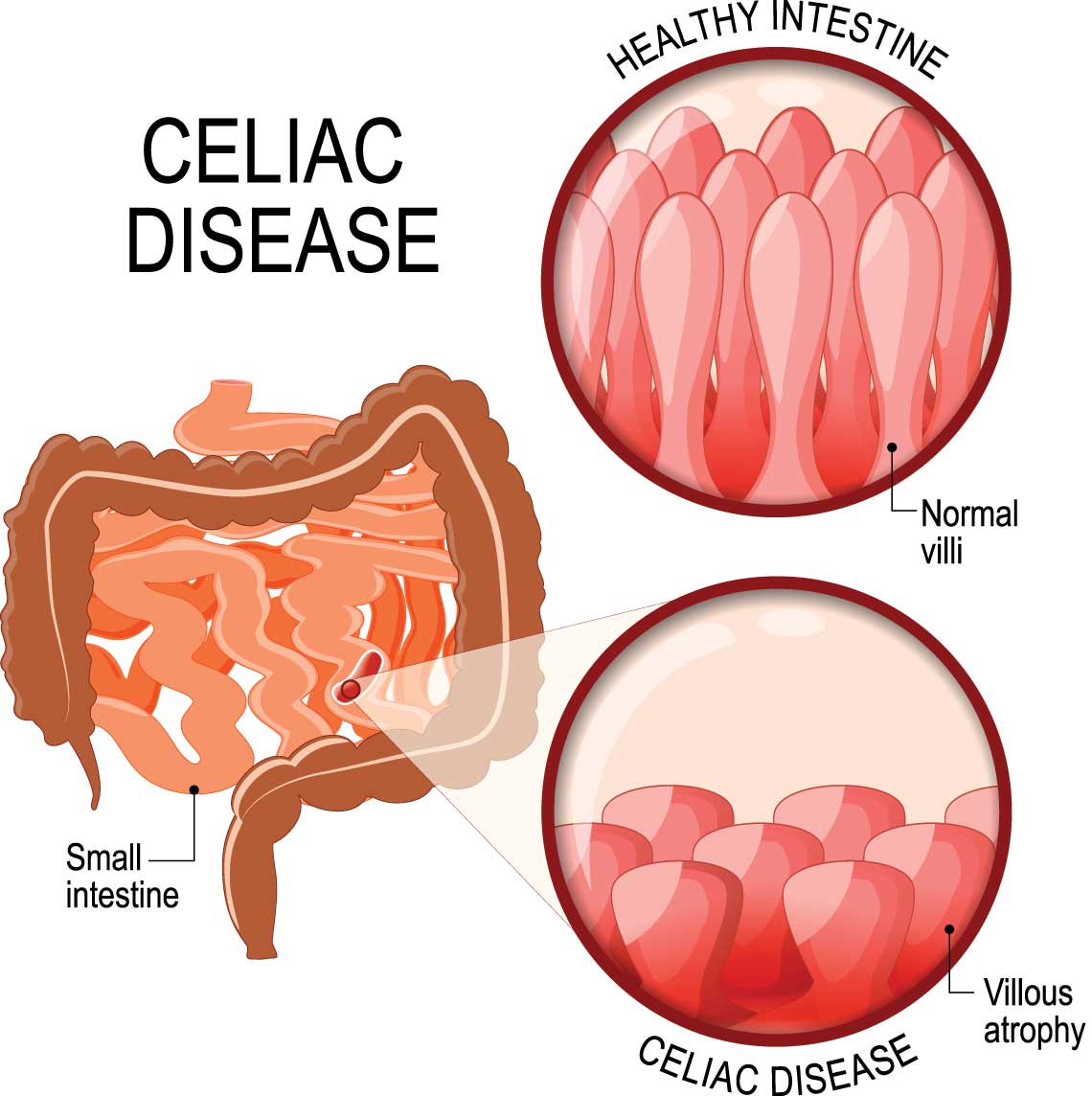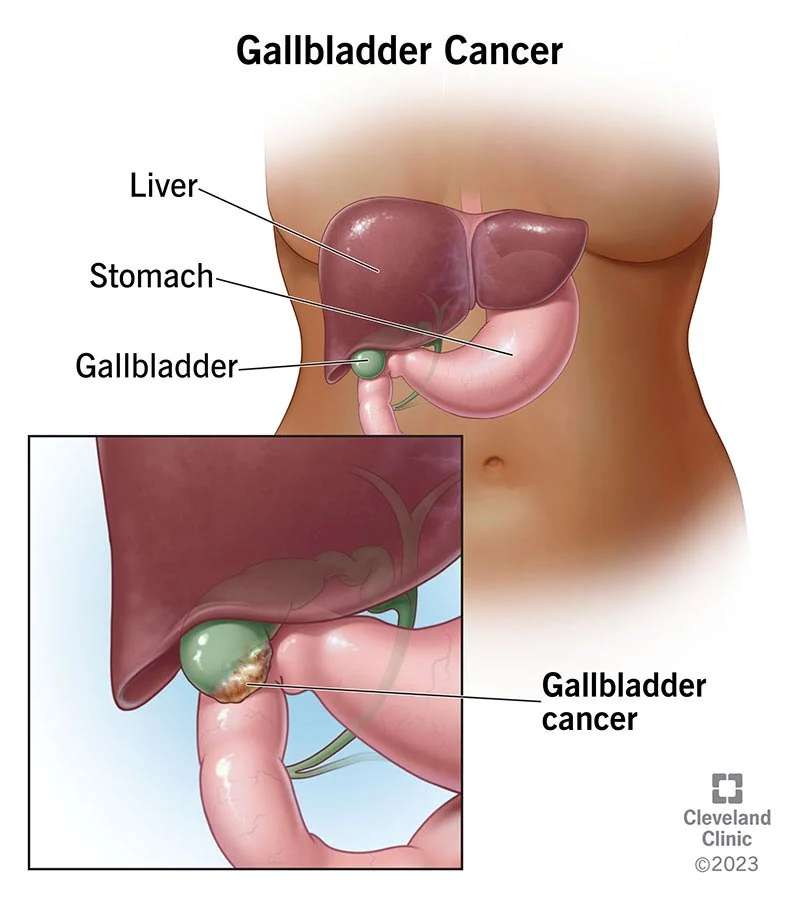Common symptoms of celiac disease can vary among individuals but often include:
1. Digestive Symptoms:
– Diarrhea: Chronic or recurring diarrhea is a common symptom, often pale and foul-smelling.
– Abdominal Pain and Bloating: Frequent abdominal discomfort, pain, and bloating may occur.
– Constipation: Some individuals with celiac disease experience chronic constipation instead of diarrhea.
2. Weight Loss: Unexplained weight loss, despite a normal or increased appetite, can be a prominent symptom.
3. Fatigue: Persistent fatigue and weakness are common and often result from nutrient malabsorption.
4. Iron-Deficiency Anemia: Celiac disease can lead to iron deficiency, causing symptoms like fatigue, weakness, and pale skin.
5. Bone and Joint Pain: Arthritis-like symptoms, including joint pain and stiffness, can occur.
6. Skin Problems:
– Dermatitis Herpetiformis: This itchy skin rash with red, raised blisters is a specific skin manifestation of celiac disease.
– Dry Skin: Some individuals experience dry and itchy skin.
7. Mouth Ulcers: Recurring canker sores or mouth ulcers can be a symptom.
8. Neurological Symptoms: These can include headaches, migraines, and problems with balance and coordination.
9. Mood Disorders: Mood changes, such as depression and anxiety, may be associated with celiac disease.
10. Delayed Growth and Development (in children): Children with celiac disease may experience delayed growth, shorter stature, and delayed puberty.
11. Reproductive Issues: Celiac disease can lead to fertility problems, miscarriages, and irregular menstrual cycles in women.
12. Osteoporosis and Bone Fractures: Long-term untreated celiac disease can result in bone density loss and an increased risk of fractures.
13. Nervous System Symptoms: Some individuals may experience tingling or numbness in the extremities, also known as neuropathy.
It’s important to note that celiac disease can manifest differently in individuals, and some people may have no noticeable symptoms, a condition referred to as “silent celiac disease.” Additionally, some individuals may have non-digestive symptoms, making diagnosis more challenging.
If you suspect you have celiac disease or experience persistent symptoms, especially digestive issues, it is crucial to seek medical evaluation and testing by a healthcare professional. Celiac disease can lead to serious complications if left untreated, but a gluten-free diet can effectively manage the condition and alleviate symptoms.
For more information, consult Dr. Vedant Karvir the Best Gastroenterologist in Palghar Practicing at Globus Gastroenterology Hospital




